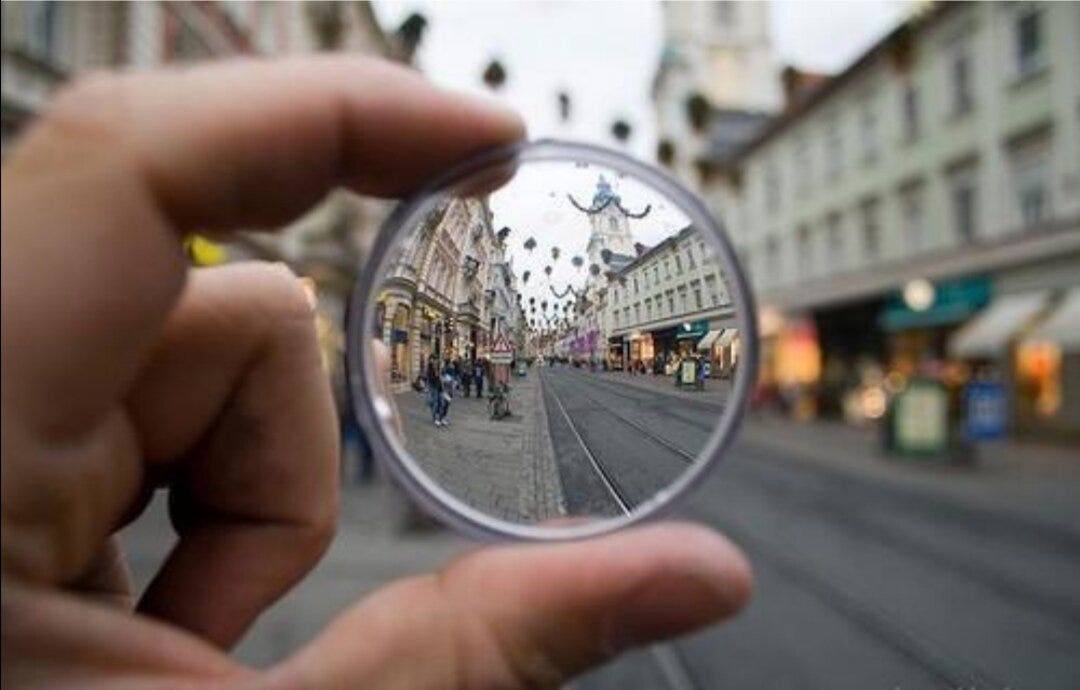Through The Looking Glass Of Dyslexia.
A guest post from Siofra McCann
The diagnosis of a disability is usually delivered with a list of obstacles. The funny thing is it was rarely my dyslexia that made me feel less abled, it was the ignorance that surrounded it. The people that made me feel like I was running a race where everyone else had a head start. You would think it was the feeling of starting the race late that would have bothered me, but it was the feeling that I didn’t belong at all. It was like forcing yourself to learn the piano even though you know you were better at drawing.
At the heart of my dyslexia is making strong associations and identifying patterns and sequences. I have a peculiar talent for it. Some say it’s a malfunction, even a mistake in the hardwiring of the brain, but I think it’s a lot more than that. I think it’s an approach, like seeing your life through a coloured lens. Dyslexia is formally described as a language-based learning difference.
Dyslexia affects the organization in the brain that controls the ability to process t…


